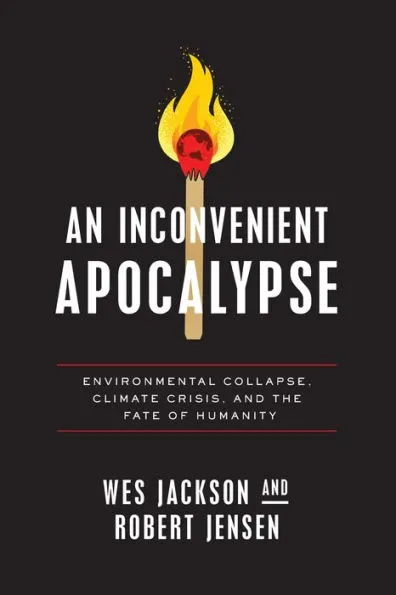ABOUT THE AUTHOR
Wes Jackson is cofounder and president emeritus of The Land Institute in Salina, Kansas. A 1992 MacArthur Fellow, he is the author and co-author of numerous books, including Hogs Are Up: Stories of the Land, with Digressions and New Roots for Agriculture.
Robert Jensen is a professor emeritus in the School of Journalism at the University of Texas at Austin. He is the author of many books, including The Restless and Relentless Mind of Wes Jackson: Searching for Sustainability and Plain Radical: Living, Loving, and Learning to Leave the Planet Gracefully.












